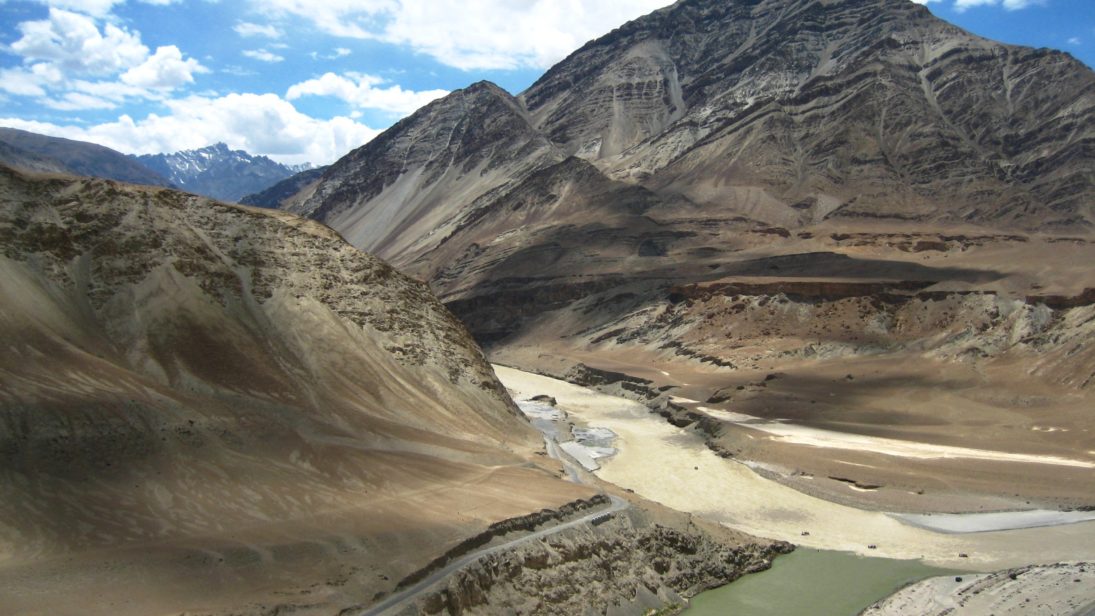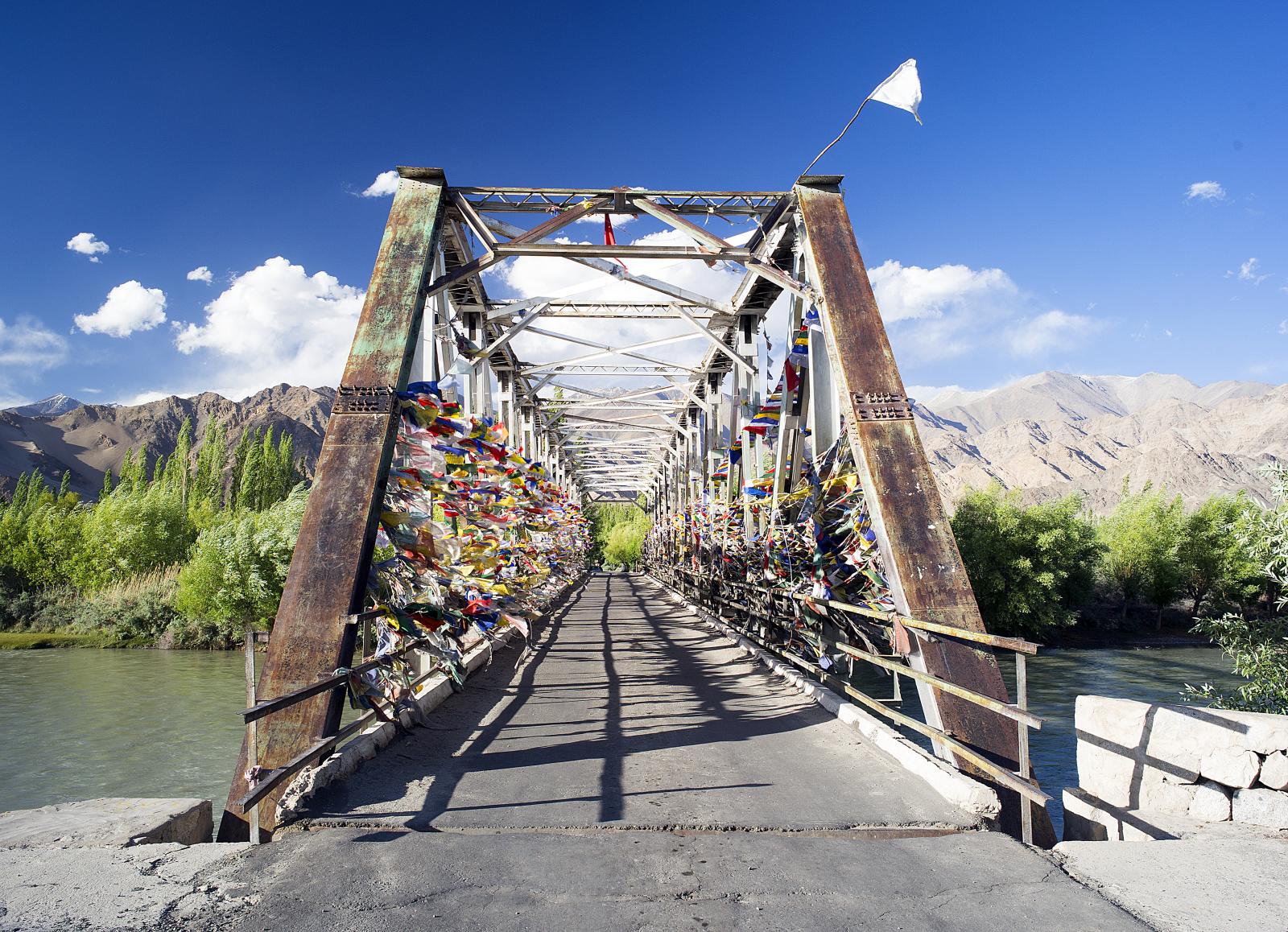
In the wake of the deplorable attacks against the Indian Army in Uri, Jammu & Kashmir, tensions in the New Delhi-Islamabad bilateral, which were already running high over the preceding weeks, escalated further. India indicated that it will review the Most Favored Nation (MFN) status it has granted to Pakistan under its World Trade Organization (WTO) obligations. Surprisingly, India also indicated that it will ‘review’ the Indus Waters Treaty (IWT), the one bilateral treaty between the two countries that has stood the test of time – even through the most difficult of times in the relationship.
Reviewing does not automatically mean abrogation. Yet, it would be pertinent to assess two factors: are there any downsides to withdrawing the MFN status or abrogating the IWT, for India? If yes, what are they? Are they manageable?
While there appears to be a high degree of public support in India for withdrawing the MFN status and rescinding the IWT, one could expect New Delhi to not abrogate the IWT.
Withdrawing the MFN and the IWT
MFN status is a trade related matter, and given how both India and Pakistan are bound by WTO rules, legally, India is well within its rights to withdraw the MFN status it has granted to Pakistan. The legality of doing so was already assessed as far back as the early 2000s. Withdrawing the MFN status is possible via the provisions of Article XXI(b) of the WTO’s General Agreement on Tariffs and Trade [GATT] – the very provision Pakistan has cited to justify its refusal to grant MFN status to India. The implications of withdrawing MFN status are likely to be a zero sum outcome; and, as Ambassador (Retd) VP Haran recently wrote, “on the economic front, the scores may be even; but on political terms, India would have scored a point.”
The more important issue here is that of the IWT. The IWT is a bilateral water sharing treaty between India and Pakistan that has been in force since 19 September, 1960. Perhaps the knowledge that India has the legal right to withdraw the MFN status might have something to do with the leadership’s increased confidence regarding ‘reviewing’ the IWT as well.
However, unlike in the case of the MFN status, any unilateral change to the IWT could potentially be harmful to Indian interests.
Pakistan is signatory to the 1969 Vienna Convention on the Law of Treaties albeit it has still not ratified it. India is not signatory to the Convention. The rules of the Convention are not binding on New Delhi. There may be scope for India to wiggle an interpretation that might allow it to abrogate the Indus Waters Treaty unilaterally. However, although there might be a chance – albeit bleak – to pull this off, New Delhi will not do so, because, fundamentally, India is not an irresponsible country. Moreover, the legal, political, and economic consequences – both domestic and international – of doing so would be tremendous.
If New Delhi or Islamabad abrogate the treaty unilaterally, the troubles for the instigator would have just begun. All treaties and agreements, bilateral or multilateral, are signed on the basis of the Pacta Sunt Servanda principle, i.e. “agreements must be kept” – which means employing good faith. By extension, it means that all modifications to, or suspensions and terminations of, the treaty should be carried out as per the provisions agreed to in that treaty.
The IWT does not contain a provision for either party to unilaterally suspend/terminate the contents of the treaty. It has a provision for establishing a Permanent Indus Commission to settle differences and disputes. It also contains provisions for modalities of mediation and arbitration, as well as for referring matters to a Neutral Expert. Moreover, Article XII(4) of the Indus Waters Treaty provides that
“The provisions of this Treaty, or, the provisions of this Treaty as modified under the provisions of Paragraph (3), shall continue in force until terminated by a duly ratified treaty concluded for that purpose between the two Governments.” [Emphasis added]
Therefore, from a technical point of view, neither India nor Pakistan can unilaterally abrogate or modify the treaty. Yet, if one side so wishes, it can abrogate it despite this. However, doing so would automatically mean losing credibility and being deemed rogue on the international front. Since Pakistan is dependent on the water supplied via this treaty, it will not want to abrogate it because it is not in its interest to do so. For India, unilaterally abrogating or modifying the terms of the treaty would set an extremely dangerous precedent for itself, given how India too is a lower riparian state to important rivers that originate in China. Additionally, if India still does so, it will be in a tricky position while challenging Pakistan’s ceasefire violations via the Pacta Sunt Servanda route. New Delhi is aware of these conundrums.

Multiple Contexts of the IWT
- Strategic implication: From an Indian perspective, such an action with humanitarian consequences towards a water-stressed, lower-riparian state such as Pakistan runs the risk of causing China – Pakistan’s “all weather friend” to use it to its advantage. Major rivers – including the Indus and the Brahmaputra – that flow into India originate in Tibet. Beijing’s construction of dams on the rivers originating from the Tibetan plateau has already caused unease in New Delhi and Dhaka.
- Geopolitical aspect: Although the IWT was facilitated by the World Bank, it was the United States that had midwifed it. The treaty was drafted such that there would be no easily exploitable loose ends. The endurance of the IWT through wars and other conflicts has been the United States’ only true success story in South Asia – and Washington will try everything possible in both New Delhi and Islamabad to prevent it from breaking down.
- Diplomatic aspect: India will not cut off water supply to Pakistan and earn the risk of losing its credibility as a responsible rising power on the international area. Even indicating that it could do so makes India come across as a bully – and that is counterproductive for New Delhi.
- Practical aspect: A prerequisite for cutting off water supply of such a large measure is the capacity to store it so that it does cause not damage to Indian territory and property. At present, the infrastructure is insufficient to match this requirement.
Looking Ahead
Anyone who believes that India will attempt something incredibly silly would be mistaken. Yet, it will be useful to remember that on a fundamental level, humanitarian reasons are a strong but secondary motivator for upholding this treaty. The sections above list few among the many reasons why the IWT has managed to survive for as long as it has; and therefore, in the long term, unless these factors or circumstances change dramatically, chances are, the treaty will not be unilaterally abrogated or modified, at least by India.
The real issue here is that with this incident, strategizers in Pakistan have gotten a high potential opportunity to alter their waning international image. It would be wise if New Delhi does not walk into Islamabad’s trap. At the moment, this whole episode is working in Pakistan’s favor in the eyes of international entities. The belligerent-sounding rhetoric coming out of Indian public discourse – even if it is mere signaling – makes New Delhi look like a regional bully and Islamabad, the victim (even though this is not the case in reality). The international tide is currently not entirely in India’s favor. New Delhi would do well to address this issue smartly and not blindside itself.
Surely, there are other ways to exert pressure on an adversary without damaging one’s own hard-earned credibility or legitimacy. The IWT itself may have answers.
Views expressed are the author’s own and do not necessarily reflect those of the organizations to which she is affiliated.
***
Image 1: Gopal Vijayaraghavan, Flickr
Image 2: Christopher Michel, Flickr


